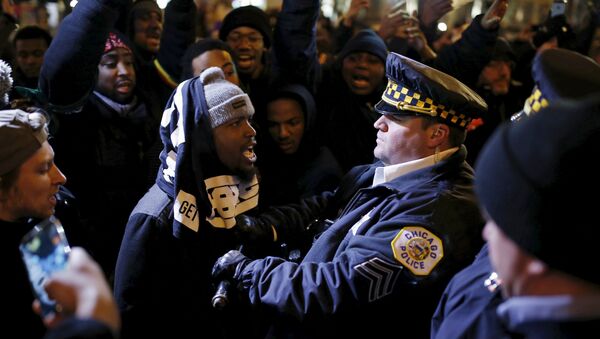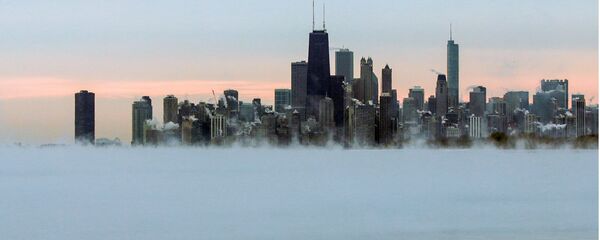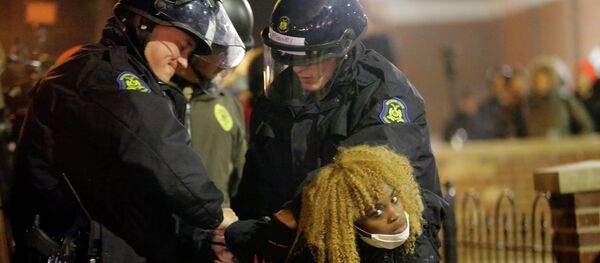The Lucy Parsons Labs reports that it has demographic information on all of Chicago’s more than 12,000 police officers and photos so far of about 1%. The developers say they hope the public will be able to help add to their photo collection. The website includes information about the officers' performance and complaints filed against them; it does not provide private information such as home addresses or criminal records.
The software, available for download, was released as free and open source.
"The deck is stacked against people harmed by Chicago police," said CTO of the Lucy Parsons Labs Jennifer Helsby, who was lead developer on the OpenOversight project, in a statement on the organization's website. "Despite a long history of proven abuses, including torture, Chicago police are almost never held accountable for misconduct or crimes they commit. To file a misconduct complaint, the burden is on the public to provide as much detailed data about the officer as possible. OpenOversight aims to empower Chicagoans with tools that make it easier to identify officers and hold them accountable."
Lucy Parsons Labs points out that complaints are often dropped due to no officer identification, citing a Citizen Police Data Project report that found that between March 2011 and March 2015, 28% of complaints (4,000 in all) were dropped for that reason. Another Citizen Police Data Project found that less than 2 percent of the 28,567 complaints filed against the Chicago Police Department between early 2011 and late 2015 resulted in any officer discipline, and that such discipline most often meant a suspension of a week or less. In the meantime, between 2004 and 2014, Chicago spent more than $500 million on settlements, legal fees and other costs arising from complaints against its officers.
The Washington Times reports that Dean Angelo, president of the Chicago Fraternal Order of Police, called the new web tool, "a little extreme."
"There are mechanisms in place to have everyone easily identified through the administrative procedures in place," he said.
It was reported in September that the Chicago Police Department planned to increase its ranks by nearly 1,000 officers, as 2016 continues on pace to far outstrip 2015 in terms of shootings and homicides. The city saw its most violent month in more than 20 years in August, which ended with 90 homicides, the most in any month since July 1993.
However, it is unclear that more officers will mean less violence. This month, The Intercept published a massive expose of the lengths Chicago's Police Department has gone to to protect officers, even those suspected of murder, from any consequences of their actions.
Earlier this month, the department settled a lawsuit brought against them by a member of the Lucy Parsons Labs about the department's use of expensive, secret cellular tracking systems that can sweep up quantities of personal data.




